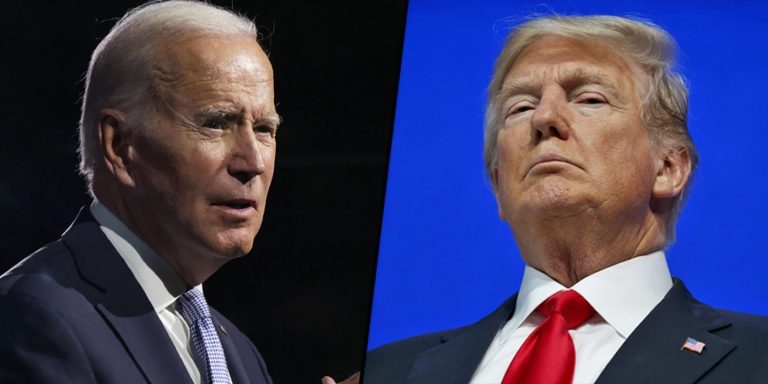
The landscape of U.S. politics is undergoing a significant transformation, influenced by the burgeoning presence of cryptocurrency. The crypto community, once a fringe element, has now emerged as a formidable force in political circles, wielding its influence through strategic contributions and lobbying efforts. This shift is not just a fleeting trend but a reflection of the evolving intersection between technology, finance, and governance.
Recent developments have highlighted the crypto industry’s impact on U.S. politics. For instance, the bipartisan support for crypto-friendly legislation moving through Congress marks a pivotal moment, signaling a departure from traditional partisan divides. The industry’s political action committees (PACs) are shaping key Congressional elections, with substantial funds being allocated to support crypto-friendly candidates. This strategic deployment of capital underscores the industry’s commitment to fostering a regulatory environment conducive to its growth and innovation.
The political clout of the crypto community is further evidenced by the attention it receives from high-profile politicians. Former President Donald Trump’s openness to accepting campaign contributions in cryptocurrency is a testament to the industry’s growing relevance. Moreover, the shift in stance by previously crypto-skeptical lawmakers, such as Senator Sherrod Brown, suggests a recognition of the industry’s economic power and its potential to influence policy decisions.
Register for Tekedia Mini-MBA edition 18 (Sep 15 – Dec 6, 2025) today for early bird discounts. Do annual for access to Blucera.com.
Tekedia AI in Business Masterclass opens registrations.
Join Tekedia Capital Syndicate and co-invest in great global startups.
Register for Tekedia AI Lab: From Technical Design to Deployment.
From a business evaluation standpoint, the crypto industry’s foray into U.S. politics presents both opportunities and challenges. On one hand, the industry’s influence could lead to the establishment of a more favorable regulatory framework, fostering innovation and attracting investment. On the other hand, the volatility and unpredictability associated with cryptocurrencies pose risks that businesses must navigate carefully.
The crypto industry is on the brink of a regulatory evolution. As governments worldwide strive to establish frameworks to govern digital assets, businesses operating within this space must prepare for the impending changes. The key to navigating this regulatory maze lies in proactive adaptation and strategic planning.
The first step for any business is to gain a comprehensive understanding of the current and proposed regulations that could impact their operations. This involves keeping abreast of global regulatory trends, such as the European Union’s Markets in Crypto-Assets Regulation (MiCA) and the United States’ evolving legislative efforts. By staying informed, businesses can anticipate shifts and adjust their strategies accordingly.
The crypto community’s engagement in U.S. politics also raises questions about the future of financial regulation and the role of digital assets in the economy. As the industry continues to expand its influence, it will be crucial for businesses to monitor these developments closely, assess their implications, and adapt their strategies accordingly.
The political, economic, and governance attitudes of blockchain users are diverse, reflecting a microcosm of the broader society. A survey of blockchain users reveals a range of beliefs and political affiliations, highlighting the multifaceted nature of the community and its potential impact on policy and governance.
As the cryptocurrency industry continues to expand its political influence, it is essential to consider the implications for business evaluations. The industry’s lobbying efforts and political contributions have skyrocketed, with federal lobbying spending reaching $21.6 million in 2022.
The intersection of cryptocurrency and U.S. politics is a dynamic and evolving narrative. The crypto community’s increasing involvement in political processes reflects its desire to shape policy outcomes that align with its interests. For businesses, understanding this landscape is essential for making informed decisions and capitalizing on the opportunities presented by this digital revolution.



